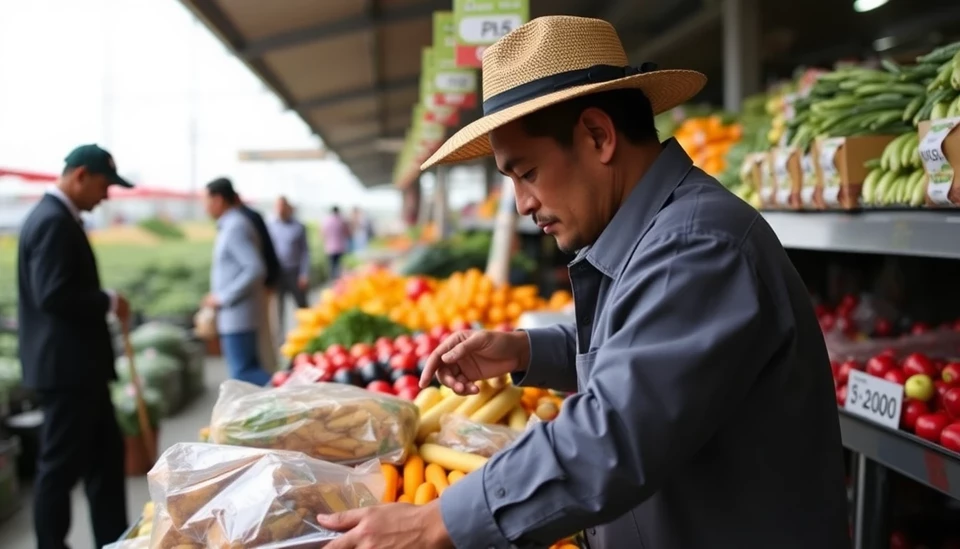
The World Food Price Index has reached its highest level in nearly 18 months, sparking alarms about global food security as concerns mount over agricultural production worldwide. This surge in prices can be attributed to a mix of adverse weather conditions, ongoing conflicts, and inflationary pressures that are impacting the supply chain.
According to recent reports, the price index climbed significantly, reflecting a 10% increase over the previous year. The Food and Agriculture Organization (FAO) has highlighted that factors such as erratic weather patterns, which have hindered crop yields, are largely responsible for this rise in food prices. Notably, regions heavily reliant on agriculture are facing challenges due to droughts and floods, which have disrupted the planting and harvesting cycles crucial to food production.
The surge in food prices comes as many countries struggle with rising inflation rates, further complicating the situation. Economists warn that as food becomes increasingly costly, it may lead to a rise in food insecurity across vulnerable populations, especially in low-income nations. The FAO's index reflects the prices of a basket of food commodities, including cereals, vegetable oils, dairy, meat, and sugar, all of which have shown significant price fluctuations in recent months.
In addition, geopolitical tensions continue to exacerbate production issues. Current conflicts in key agricultural regions, particularly in Ukraine and parts of Africa, have led to disruptions in trade routes and increased transportation costs. These challenges compound the difficulties already faced by farmers and producers who are dealing with rising operational costs, from fertilizers to shipping.
As the global population continues to grow and demand for food increases, experts predict that the current trajectory of food prices is unlikely to reverse in the short term. The FAO has urged governments to take immediate action to alleviate food price pressures and support local farmers in boosting production capacity. Sustainable practices and investment in agricultural technology are essential to ensuring a reliable food supply in the future.
As discussions around food security intensify, it is becoming increasingly clear that concerted global efforts will be required to address the systemic issues plaguing the agricultural sector. Stakeholders from governments, NGOs, and the private sector are called upon to work collaboratively to foster resilience in food production systems and mitigate the impacts of future shocks.
With the implications of rising food prices rippling through economies, it remains essential to monitor the situation closely and address the root causes of these fluctuations to safeguard global food security.
#WorldFoodPrices #FoodSecurity #FAO #Agriculture #GlobalEconomy #SustainableFarming #FoodInsecurity
Author: Laura Mitchell




